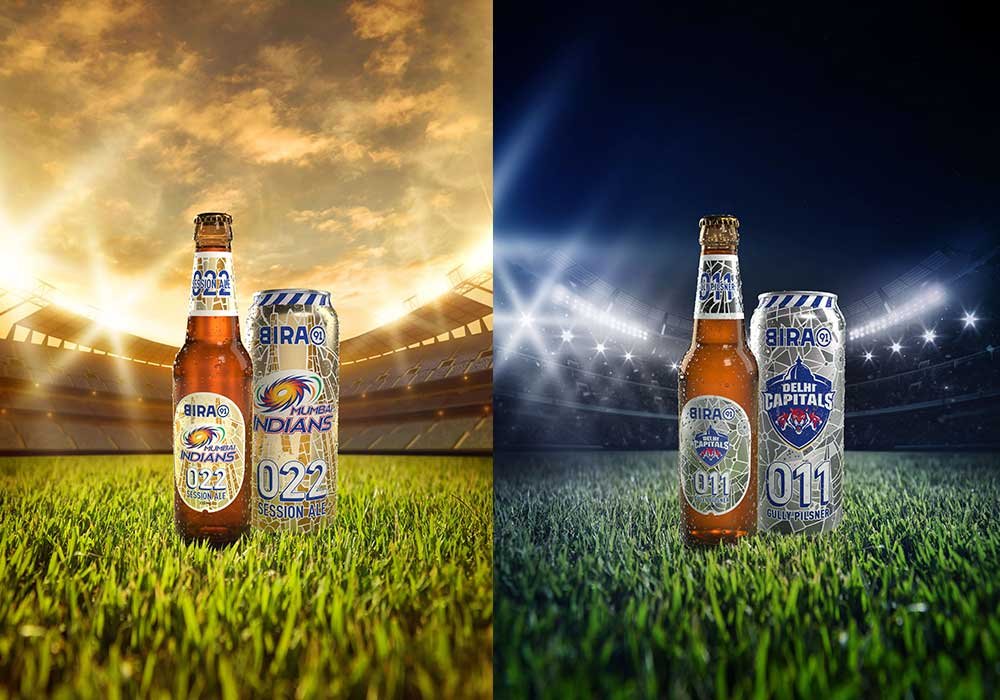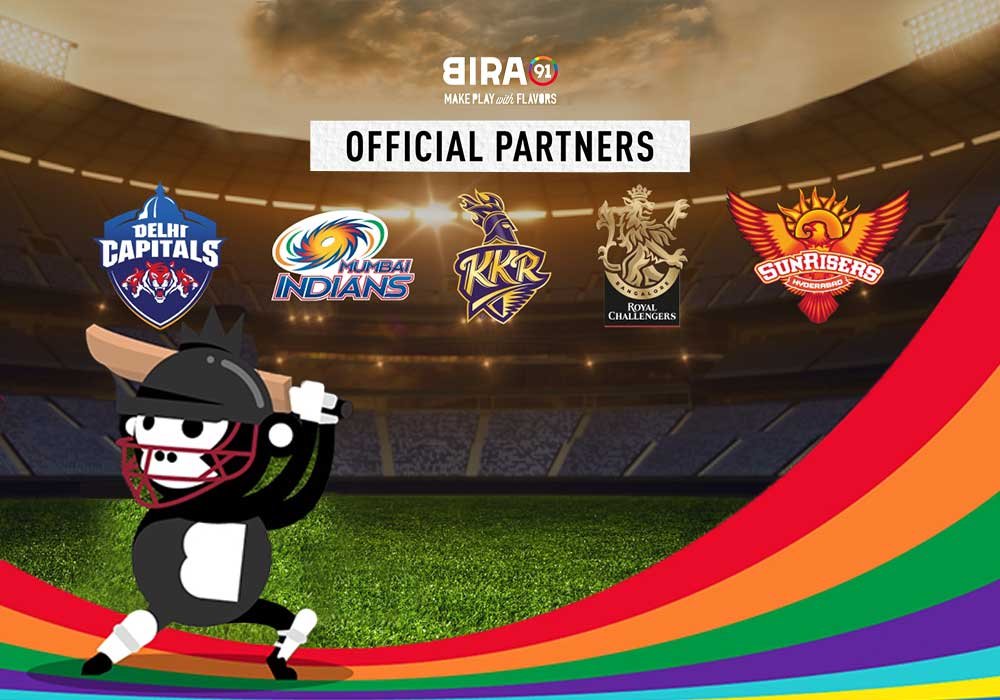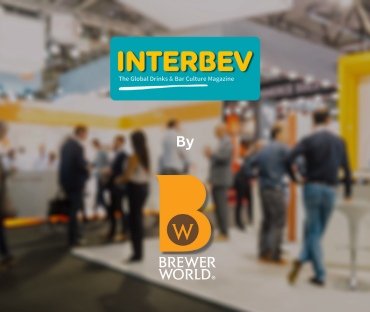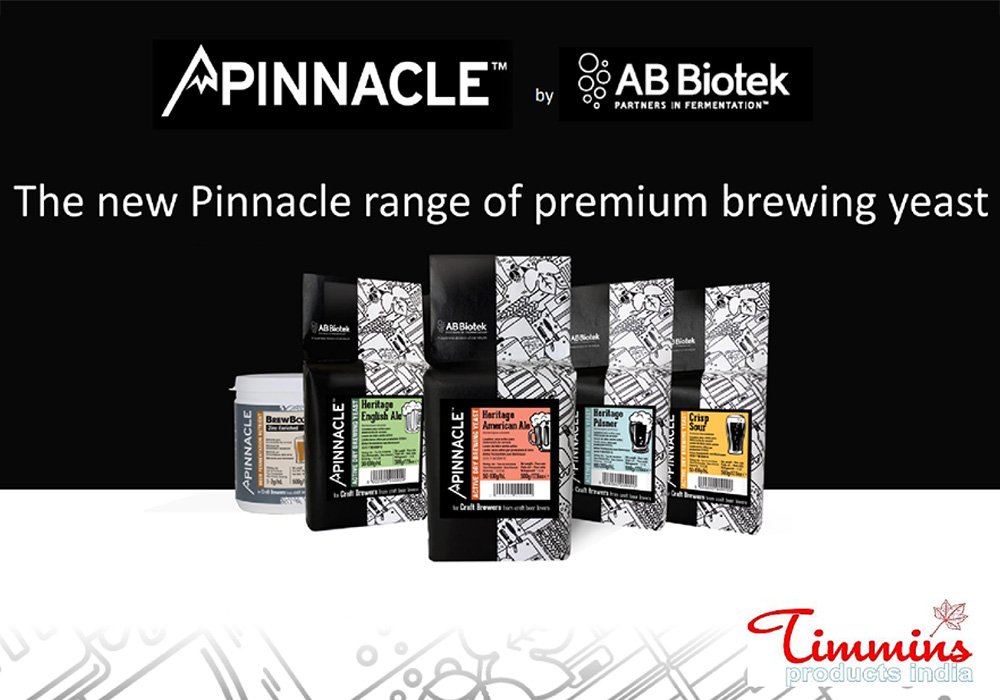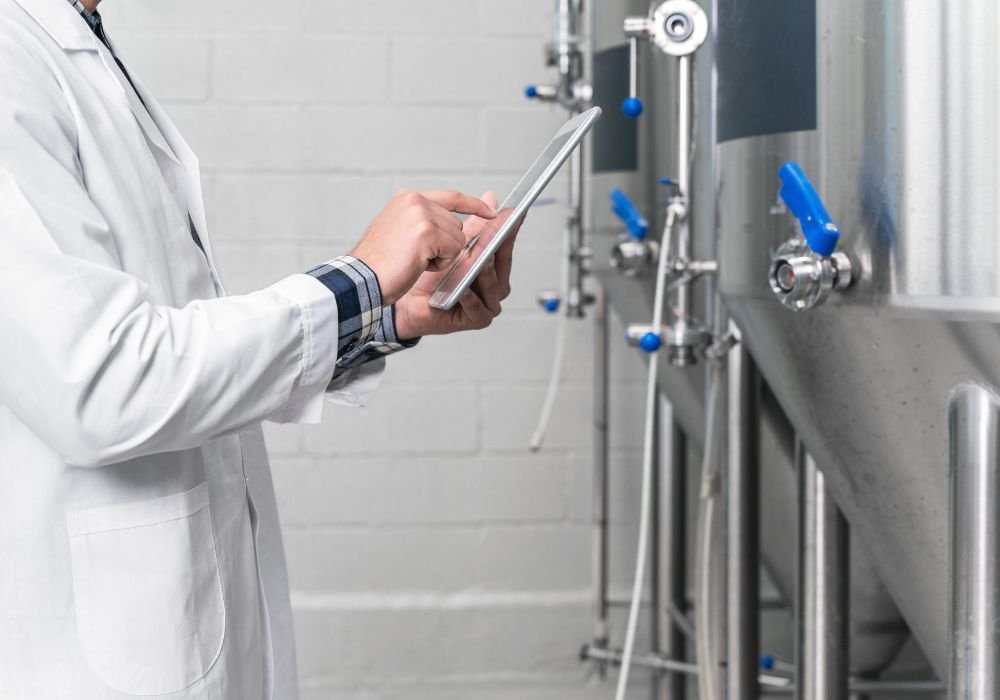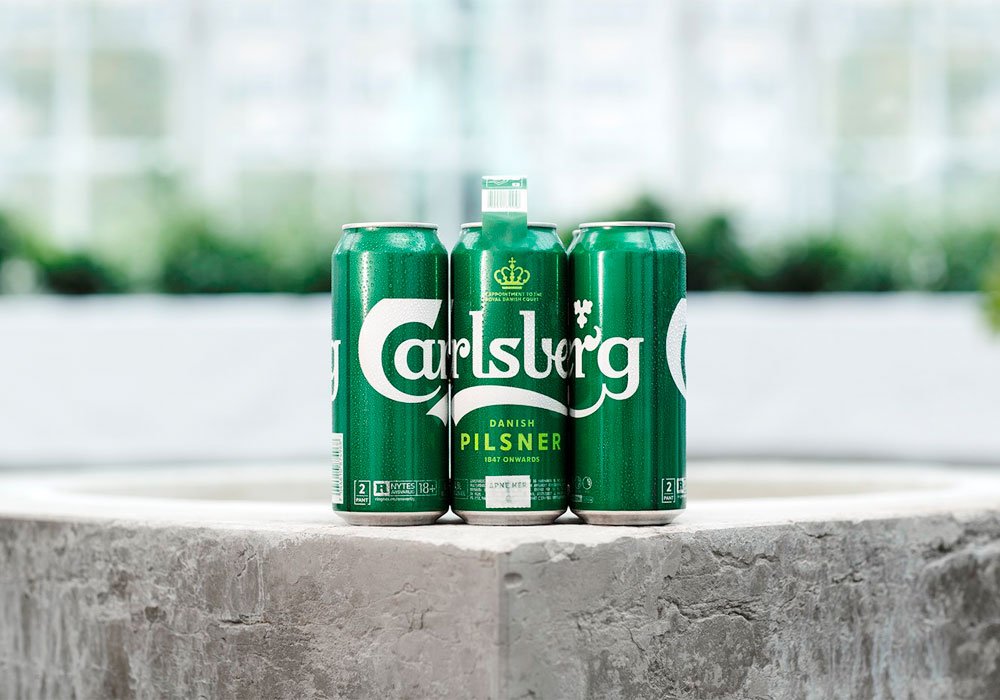
Carlsberg has a goal to minimise the impact of their beers on the environment without compromising its quality. By using a revolutionary glue, Carlsberg has developed a 'Snap Pack' that cuts plastic usage on multipack packaging by up to 76%.
Carlsberg launched Snap Pack in 2019 in Denmark, Estonia, France, Germany, Latvia, Lithuania, and the UK. In their estimation, Snap Pack could reduce their secondary plastic packaging usage by over 1,200 tons annually. That's the same amount of plastic used to make 60 million plastic bags. This reduces Carlsberg's carbon footprint by using fossil-fuel driven packaging materials. It also helps to cut plastic waste.
Carlsberg also introduced recycled content shrink wrap in Denmark, Norway, and Sweden. They are undertaking tests with partners to determine if they can incorporate more and different types of recycled plastic into the current product.
“We always strive to improve and Snap Pack’s launch clearly shows our ambition to follow in our founder’s footsteps towards a better tomorrow. Carlsberg's Snap Pack will significantly reduce the amount of plastic waste, and we look forward to giving our consumers better beer experiences with less environmental impact,” says Cees 't Hart, CEO, Carlsberg Group.

Carlsberg also reduces the carbon footprint of PET bottles in Norway and Sweden. A 100% recycled PET bottle was launched there for both 0.5 litres and 0.65 litres. Additionally, 550 tonnes of virgin PET material were saved by reducing the weight of other PET bottles.
Also in 2019, Carlsberg Green Fibre Bottle Project unveiled two prototypes, bringing them closer to creating the world's first bio-based "paper" beer bottle in the future.
An innovative Snap Pack
By introducing their new Snap Pack, Carlsberg is making their multipacks more sustainable by reducing plastic usage through innovative glue technology.
Developed in collaboration with NMP Systems GmbH, a wholly owned subsidiary of KHS, Snap Pack had been in development for three years.
What makes it better?
The less you have, the better. Snap Pack uses very little plastic and therefore reduces waste. Reduced material use also lowers CO2 emissions and lessens the use of fuel-based packaging materials.

